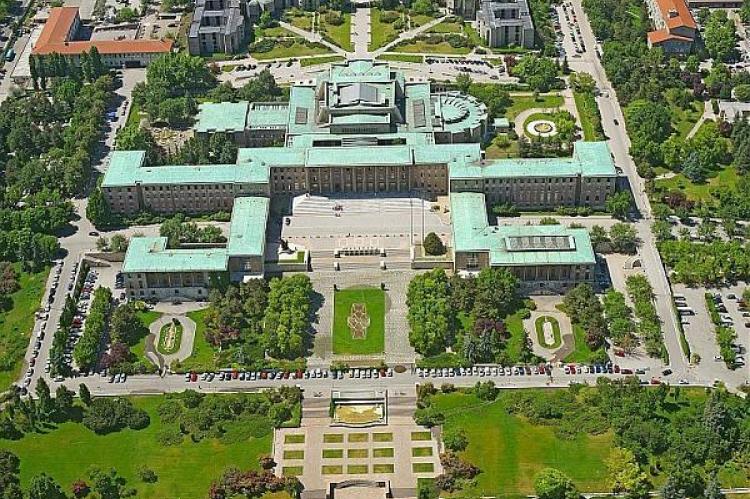Can Turkey’s president dissolve parliament under constitutional reform?
Washington Post article claims that Turkey's president will be able to dissolve parliament if constitutional reform bill is approved by popular vote next spring
On 24 January 2017, an article on Turkey's constitutional reform bill which is currently being debated was published in the Washington Post. Throughout the article the author repeated three times the claim that Turkey's prospective presidents will be able to dissolve the parliament:
1) " In contrast, the president could dissolve the parliament at his will and call for new elections."
2) "Unlike Erdogan’s proposed constitution, the 1924 constitution did not grant the president authority to dissolve the parliament or declare him to be commander in chief."
3) "Like Bashar al-Assad’s version, Erdogan’s constitution would also allow him to dissolve the parliament, appoint his vice presidents, assume legislative powers at the expense of the parliament and act as commander in chief."
However, there is no dissolution mechanism foreseen in the reform bill. In fact, this mechanism already exists in the current parliamentary system, with the president being able to renew parliamentary elections – just as President Recep Tayyip Erdogan did in August 2015 after the parliament failed to form a coalition government.
President Erdogan remained unaffected by his decision on the renewal of the elections then. That is to say that presidential elections were not repeated in synchrony with parliamentary elections precisely because the parliament was dissolved by the president.
But according to Article 116 of the proposed bill, presidential elections will also be renewed if the president decides to renew parliamentary elections. As a result, the president will lose the rest of one of their two five-year terms.
As part of the checks and balances mechanism of the proposed system, the same article says that the president will be granted the right to run for an additional third term if the parliament renews the elections during the second term of the president, depriving them from some or all of their second five-year rule.



